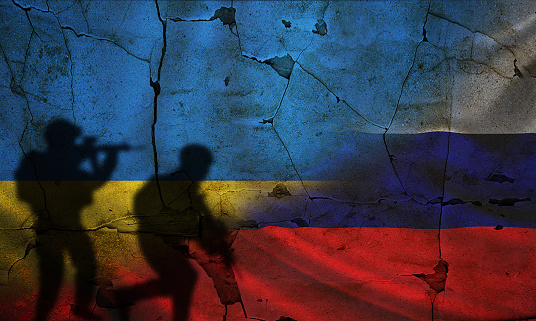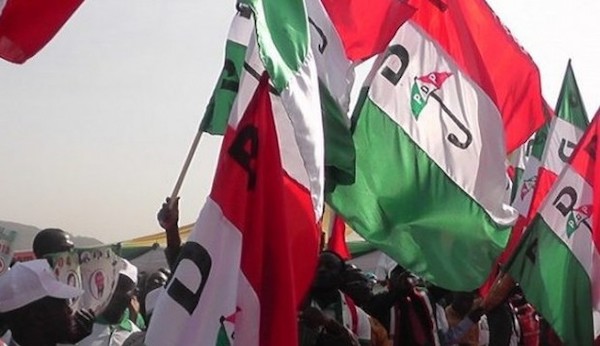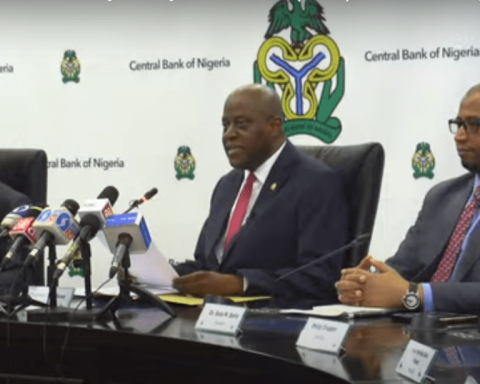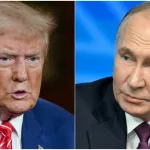Emphasising the call for Western countries to provide long-term support to Kyiv, North Atlantic Treaty Organization (NATO) Secretary General, Jens Stoltenberg, has warned that the war in Ukraine could last “for years.”
The NATO chief said this in an interview published Sunday by German daily newspaper, Bild, saying, everyone should just be prepared for it.
Join our WhatsApp Channel“We must be prepared for this to last for years,” the secretary general of the North Atlantic Treaty Organization said.
“We must not weaken in our support of Ukraine, even if the costs are high — not only in terms of military support but also because of rising energy and food prices.”
He told Bild that the food and fuel costs are nothing compared to the one paid daily by Ukrainians on the frontline, warning “we would have to pay an even greater price” if Russian President Vladimir Putin were to achieve Moscow’s goals in Ukraine.
The NATO chief has in the past week ramped up calls for alliance members to back Ukraine in its fight against Russia’s invasion.
Repeating his calls for NATO member nations to continue delivering weapons to Kyiv, Stoltenberg said the hardware support could increase “the likelihood of Ukraine being able to push Putin’s troops out of the Donbas region”.
The easternmost Donbas region of Ukraine is currently partly under the control of Russian forces.
Ukrainian defence minister Oleksiy Reznikov and other officials this week met with around 50 countries of the Ukraine Defence Contact Group at NATO headquarters to ask for a surge in weapons and ammunition.
On 24 February 2022, Russia invaded Ukraine in a major escalation of the Russo-Ukrainian War that began in 2014. The invasion caused Europe’s largest refugee crisis since World War II, with more than 7.7 million Ukrainians fleeing the country and a third of the population displaced.
The war has entered a brutal attritional phase in recent weeks, with Russian forces concentrating on Ukrainian-controlled parts of the Donbas.
Russian officials have said their forces are fighting for the “complete liberation” of the Donbas, which broadly refers to Ukraine’s eastern regions of Donetsk and Luhansk, where Russian-backed separatists held significant territory before the invasion.
Russia has made slow but significant advances in the east, and now controls over 90% of the Luhansk region.
Russian forces have seen big losses. Indeed, Russian forces have suffered heavy losses since the invasion began.
The UK Ministry of Defence says Russia is likely to have suffered devastating losses among its middle and junior ranking officers. It says these losses are likely to contribute to a loss of morale and poor discipline among lower ranks.
Significant quantities of Russian weaponry have also been destroyed.
As a result, Russia has tried to combine some heavily depleted units, forming what some analysts have called ‘Frankenstein forces’ to fight in the east.


















Follow Us